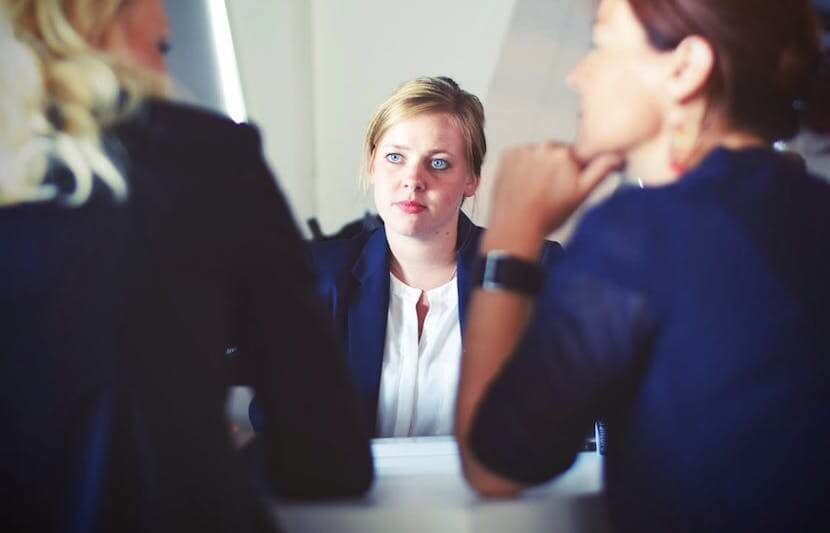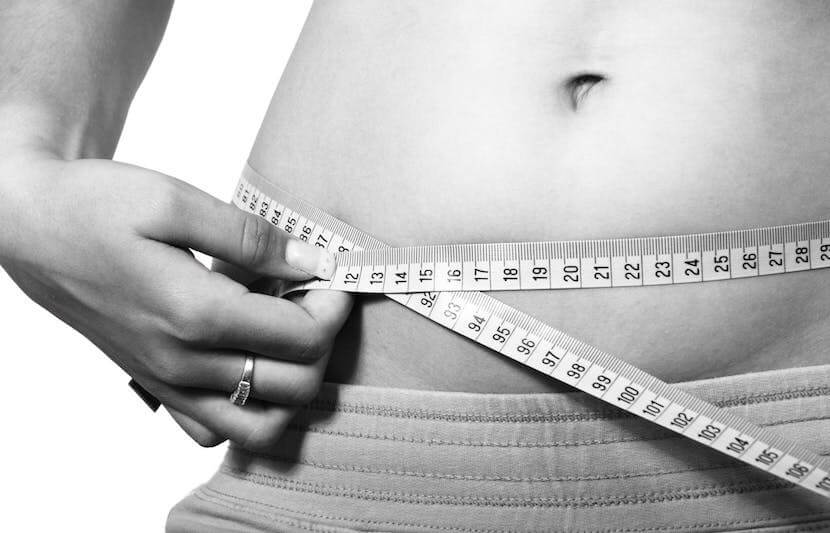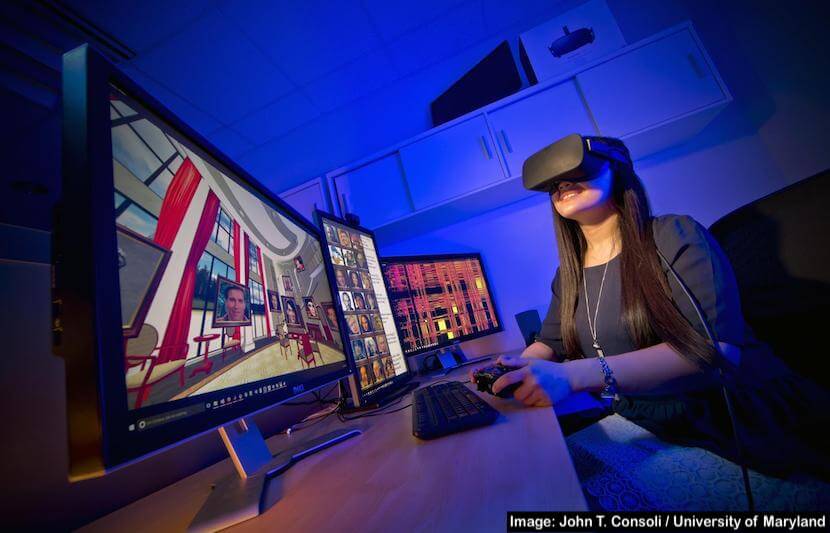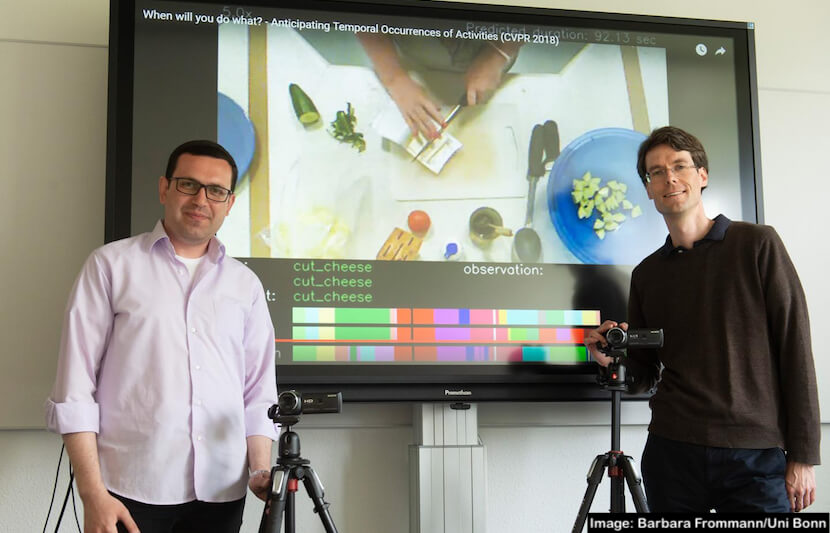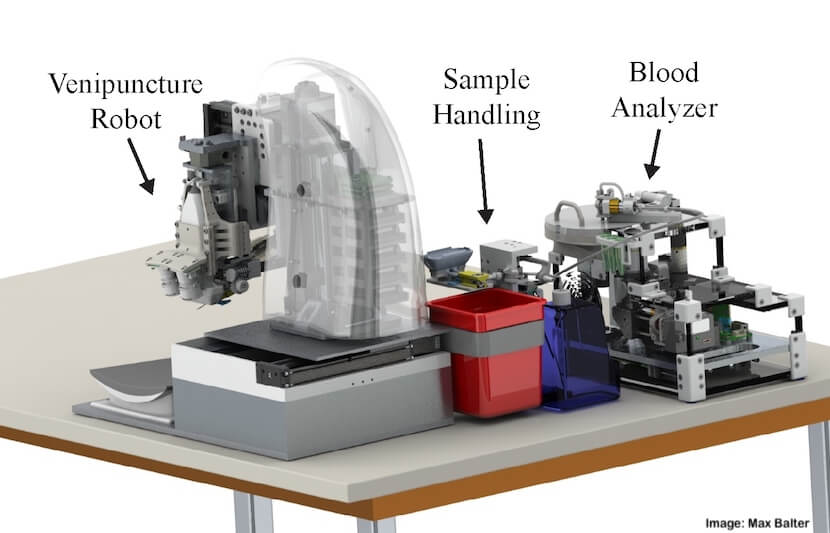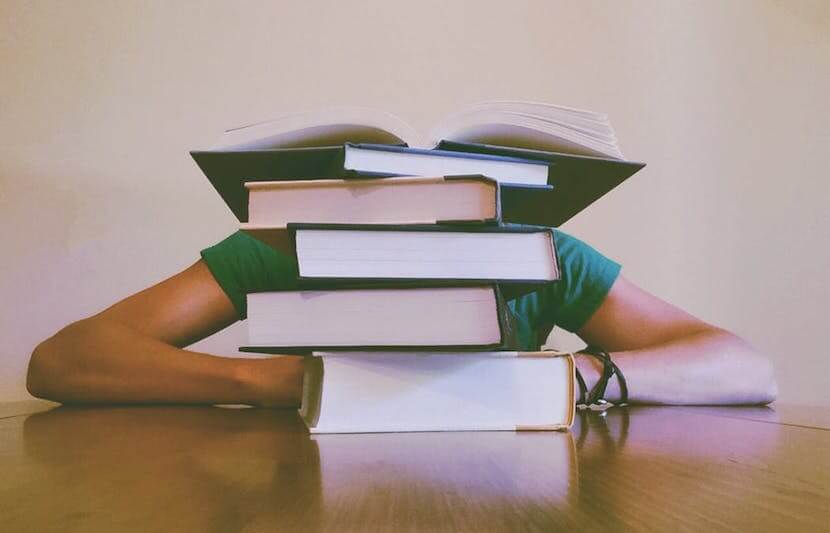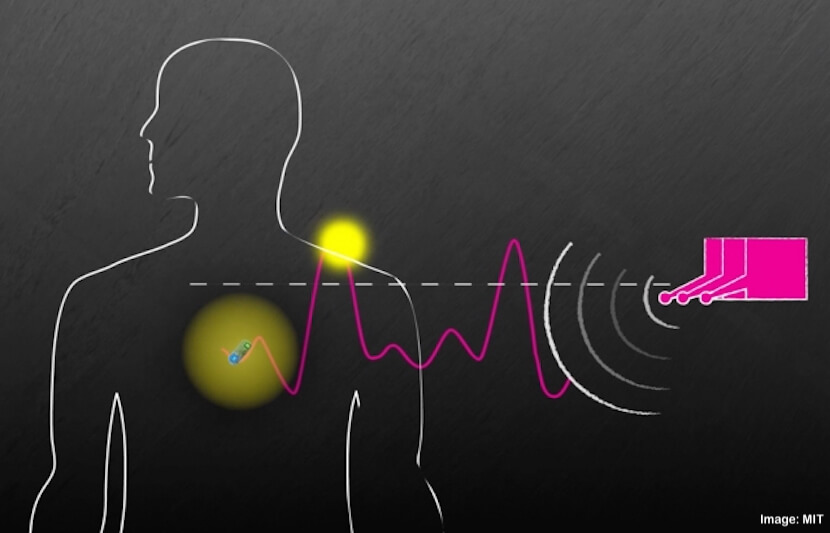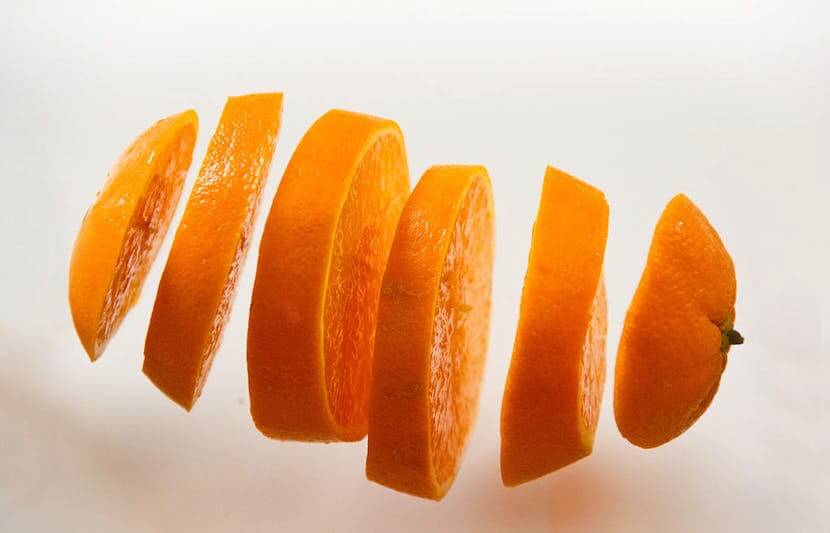-
More Women in Government Leads to Less Corruption, Study Finds
Countries with a greater representation of women in government are less corrupt, according to researchers Chandan Jha of Le Moyne College and Sudipta Sarangi of Virginia Tech. In a recent study on how women impact corruption in both governmental roles and the labor force, they found that corruption is lower in places where women hold… Read More
-
Scientists Discover New Form of Photosynthesis to Help Identify Alien Life
Researchers have discovered a new type of photosynthesis that should rewrite the textbooks and change the way we search for alien life. This discovery alters our basic understanding of photosynthesis. “It shows that the energy-demanding process of oxygenic photosynthesis can work with less energy,” said Bill Rutherford, a professor in the Department of Life Sciences… Read More
-
Can Carbon Dioxide Get Rid of Belly Fat?
Carboxytherapy, or carbon dioxide therapy, is a non-invasive treatment in which carbon dioxide is injected into the body. When injected into the body’s fat pockets, it is supposed to kill fat cells. But, does it reduce belly fat? Researchers from Northwestern University set out to find the answer. They conducted the first randomized, controlled trial… Read More
-
Shark Skin-Inspired Surface Can Attack Bacteria
While the words “shark” and “attack” don’t usually bode well in the same sentence, new research shows that when it comes to fighting bacteria, they can be a positive pairing. By imitating the natural properties of shark skin, scientists from UMass Amherst have improved a new type of surface coating infused with antimicrobial agents that… Read More
-
Toothpaste And Hand Soap Are Also Creating ‘Superbugs’
Researchers from the University of Queensland (UQ) in Australia have discovered that an ingredient found in many of our personal hygiene products is contributing to antibiotic resistance. The guilty ingredient, triclosan, is used in many toothpastes, soaps, detergents, cosmetics and surgical cleaning treatments. In recent years, it has become apparent that overuse of antibiotics is… Read More
-
Virtual Reality Can Help You Remember Better
People can remember information better when it is presented through an immersive, virtual reality (VR) experience rather than a two-dimensional platform, a new study suggests. Researchers at the University of Maryland conducted one of the first in-depth studies on the effects of learning through a virtual environment, pointing to the prospect of using VR technology… Read More
-
Computer Program Can See 5 Minutes Into the Future
Computer scientists from the University of Bonn in Germany have developed a self-learning computer program that can look several minutes into the future. This development will enable robots to anticipate the actions of humans, allowing machines to work side by side with people. “If the action a robot should do depends on the action… Read More
-
How Do You Stimulate Desire? Not by Playing Hard to Get, Study Finds
Despite the age-old notion that “playing hard to get” can increase desire in the dating world, a new study suggests that it might be sending the wrong message. Researchers from IDC Herzliya in Israel and the University of Rochester have found that people are more sexually attracted to a romantic partner when they feel certain… Read More
-
Automated Robot Speeds Up Blood Draw and Diagnosis
Researchers at Rutgers University have developed an automated robotic device that can quickly draw blood and provide diagnostic results. The device could improve workflow in health-related institutions, allowing practitioners more time to treat patients. A paper describing the device is published in the journal Technology. “This device represents the holy grail in blood testing technology,”… Read More
-
Can Mistakes Help Students Get Better Grades?
A recent study gives new credence to the old wisdom that the best way to learn is by learning from your mistakes. The researchers found that in some instances, when learning new material, making mistakes can help a student internalize the material and perform better afterwards. Students learned better when their mistakes were “near misses,”… Read More
-
Wireless Remote Can Power Devices Inside Human Body
A team of researchers from MIT, Harvard Medical School and Brigham and Women’s Hospital (BWH) has developed a wireless system capable of powering and communicating with devices implanted deep within the human body. These devices could be used to deliver drugs, monitor conditions inside the body, or treat disease by stimulating the brain with electricity… Read More
-
Email Users Subject to Phishing Attacks, Study Finds
As cyberattacks are growing ever more sophisticated, the need to develop ways to identify and thwart such attacks are becoming increasingly necessary. A new study from Virginia Tech determined exactly how capable email providers are at combating phishing attacks, a type of scam in which cyberthieves attempt to steal personal information or install malicious software… Read More
-
Does Religion Impact How We Sleep?
A good night’s sleep is critical to one’s health. Trouble sleeping can amount to heart disorders, mental health problems, increased laziness, issues with family and friends and a decline in academic performance. Now, researchers have determined that people with higher religious involvement have healthier sleep habits. “Individuals who are more religious tend to enjoy better… Read More
-
Orange Peels Hold Secret to Design of Safer Bridges, Emergency Inhalers
According to researchers at the University of Central Florida (UCF), the secret to constructing safer bridges or creating effective vehicles for delivering airborne medicine may lie in a familiar, but unexpected place — the peels of oranges. When an orange is squeezed, microjets in the peel release a thin stream of fragrant oil. Through an… Read More
-
How Our Brain Tricks Us Into Hearing Repeated Words As Song
Spring of 2018 will forever be remembered for the “Laurel” or “Yanny” battle. The four-second audio clip had families and friends in disbelief, unable to comprehend how anyone could hear anything different from what they heard. The great debate, as repetitive as it was, shed light on the misleading nature of audio perception. Now new… Read More


